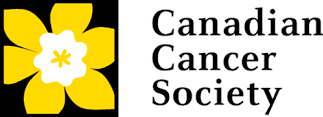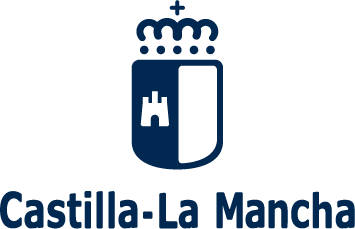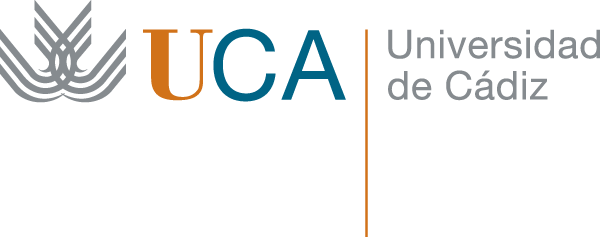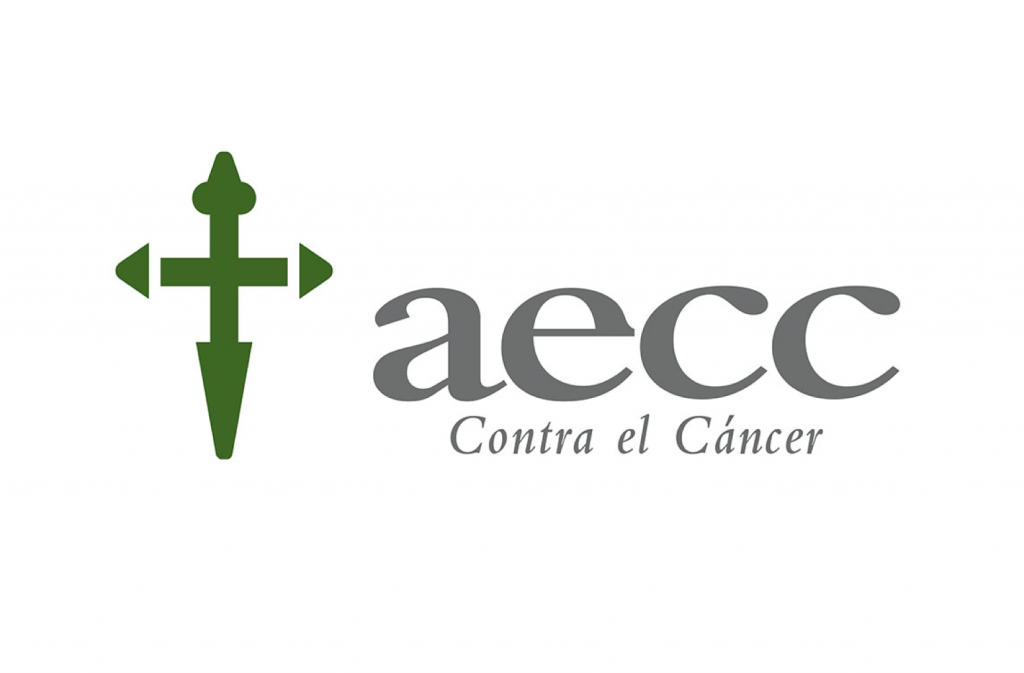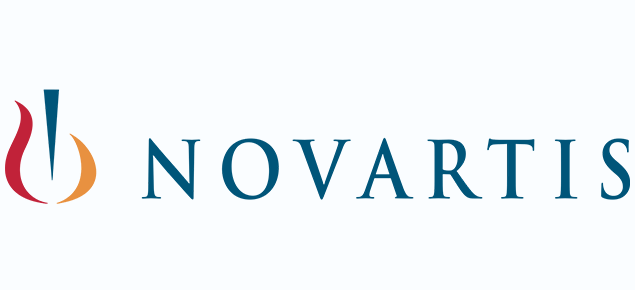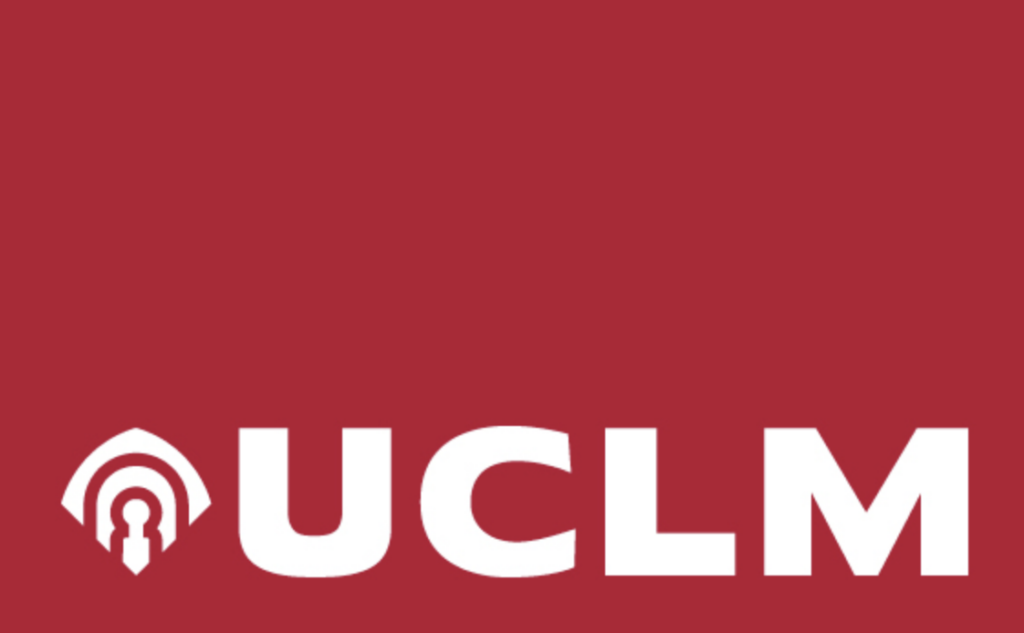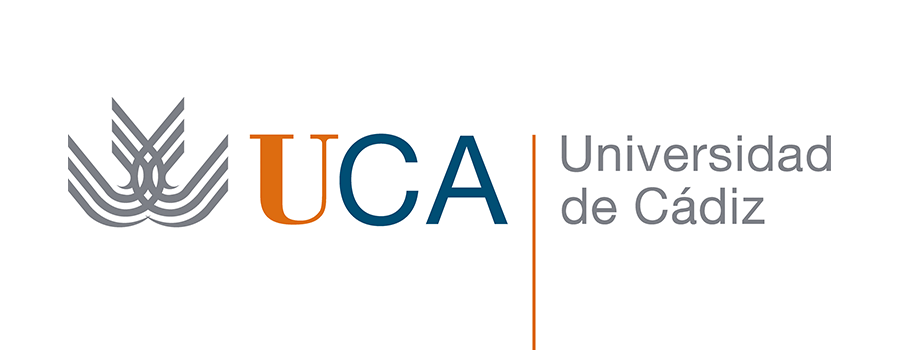Establishing a non-invasive approach to accurately diagnose and assess brain tumors (Canadian Cancer Society)
2023-2027
Gliomas and glioblastomas are 2 of the most challenging brain tumours to treat, with very poor survival rates. Most tumours are diagnosed using imaging technology and biopsies, but a lack of biomarkers to support the analysis of these tumours mean these methods are unable to facilitate early diagnosis, predict response to treatment, or predict the likelihood of recurrence and progression. This project aims to establish a blood-based, sensitive approach to detect brain tumours earlier, improve treatment and advance care for people with brain cancer.



